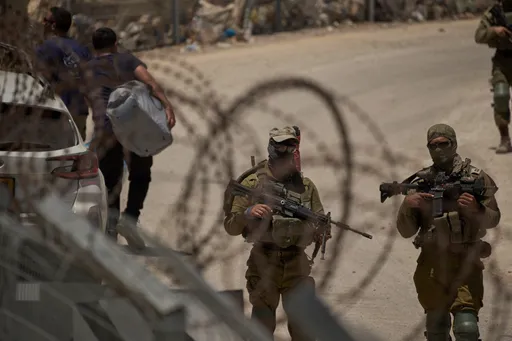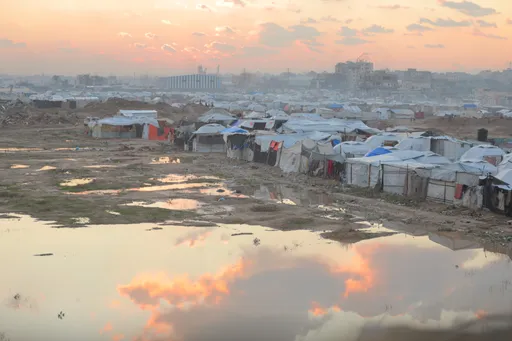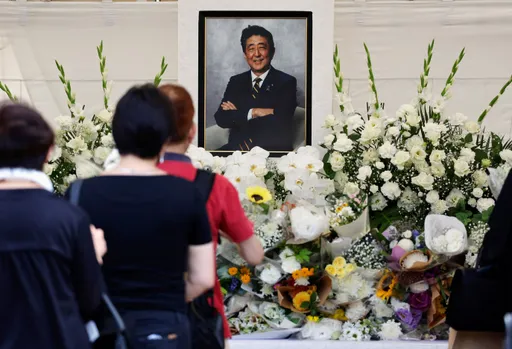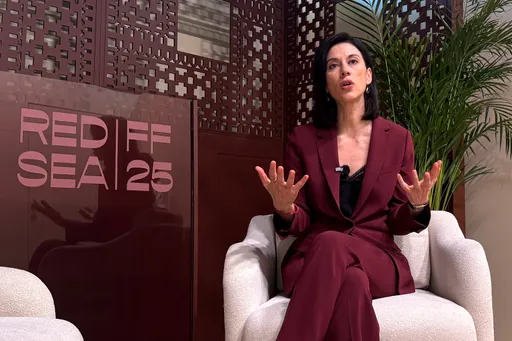The UN special envoy says for Syria it’s “a tragic irony” that ordinary Syrians are facing “immense and growing humanitarian suffering” at this time of relative calm in the more than 10-year conflict.
Geir Pedersen pointed to “economic destitution, a pandemic, displacement, detention and abduction, all while violent conflict, terrorism and human rights abuses continue” in the country.
He told the UN Security Council that these issues “demand our attention” and a political process in Syria, as called for by key powers in 2012 and endorsed by the council in 2015.
But that peace effort remains stalled.
While the military situation is relatively calm in some areas, Pedersen said, “recurring signs of a hot conflict are abundant.”
He cited spikes in violence in several areas, with shelling by both sides, airstrikes including some by Israel, and more attacks attributed to Daesh group.
READ MORE: Cost of 10 years of devastating war in Syria
Stabilised Syrian pound
On the economic front, Pedersen said, the Syrian pound has stabilised somewhat “but the price of essential goods and transportation costs are increasingly outside of the grasp of many Syrians.” And in many are as, basic services including water, electricity and health “remain compromised,” he said.
“In short, we see the same suffering and the same pattern of events and dynamics month on month, a pattern which I fear is slowly inching Syrians towards an even deeper abyss,” he said.
UN humanitarian chief Mark Lowcock stressed the dire water situation, saying reduced water levels in the Euphrates river which started in January “reached a critical point this month.”
Engineers operating the Tishreen dam in northeastern Aleppo governorate warned last week that it would completely shut down if water levels don’t increase, he said.
READ MORE: The Syrian regime turns death statements into a 'blackmailing' tool
5.5 million people rely on the Euphrates
Lowcock said the Tabqa dam, which lies downstream in ar Raqqa governorate, has been an emergency backup, “but water levels there are now 80 percent depleted.”
“Nearly 5.5 million people in Syria rely on the Euphrates and its subsidiaries for drinking water,” he said.
He stressed that about 200 water stations that pump, treat and deliver water can’t function without electricity from the Tishreen and Tabqa dams.
In addition to the water stations, Lowcock warned that some 3 million people would lose electricity if the dams shut down along with hospitals and other vital infrastructure in northeast Syria.
Lowcock urged all parties to find a solution, noting reports in recent days that the amount of water released downstream has increased — which demonstrates that a solution can be found.
Both Pedersen and Lowcock stressed the importance of keeping the crossing from Turkey to Syria's northwest open for an additional 12 months. Its Security Council mandate expires in just over six weeks, and at Russia's insistence, cross-border aid in recent years has been cut back to just this single crossing.
Lowcock warned that if this crossing isn't reauthorised, food deliveries for 1.4 million people every month, millions of medical treatments, nutrition for tens of thousands of children and mothers and education supplies for tens of thousands of students will stop.
























